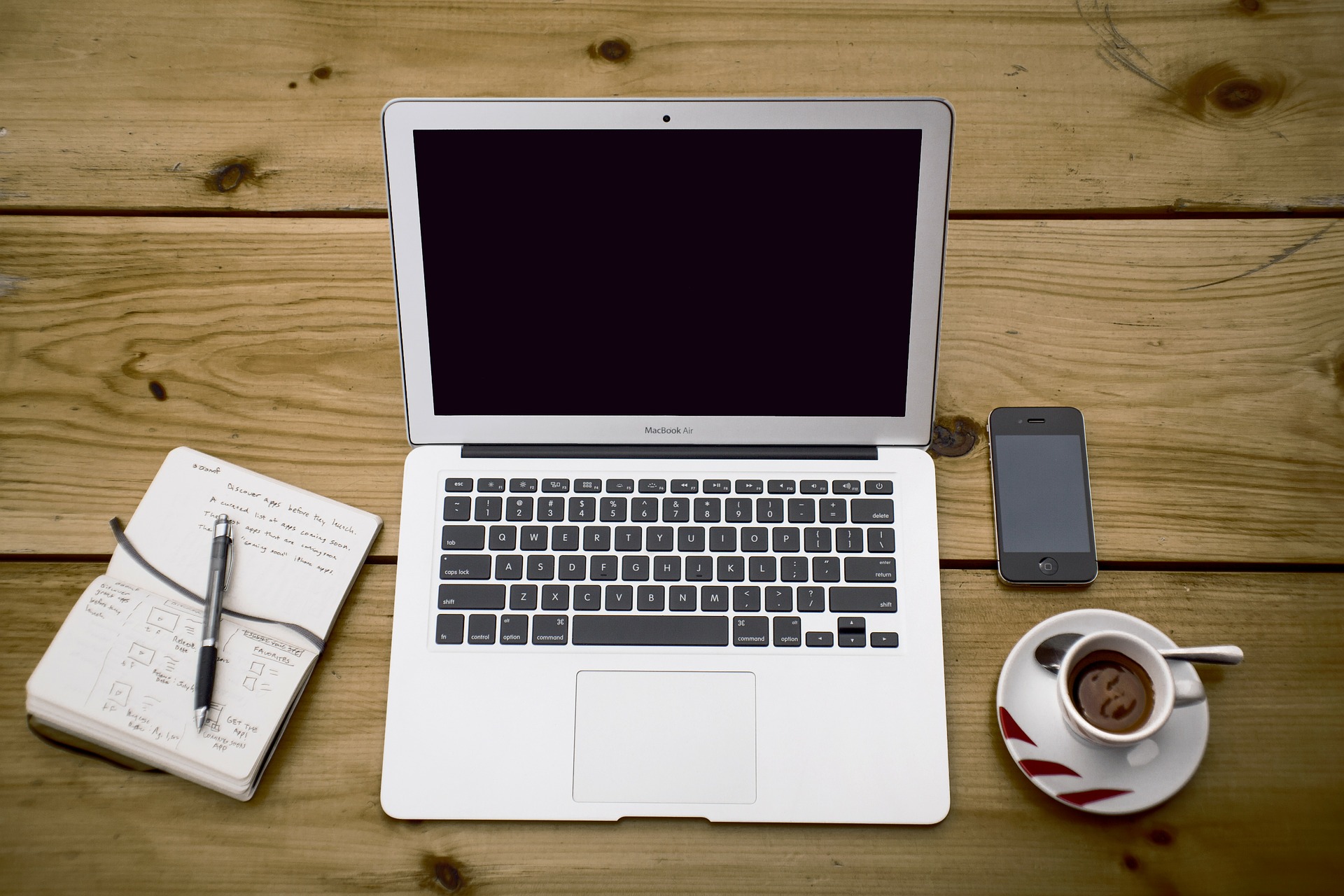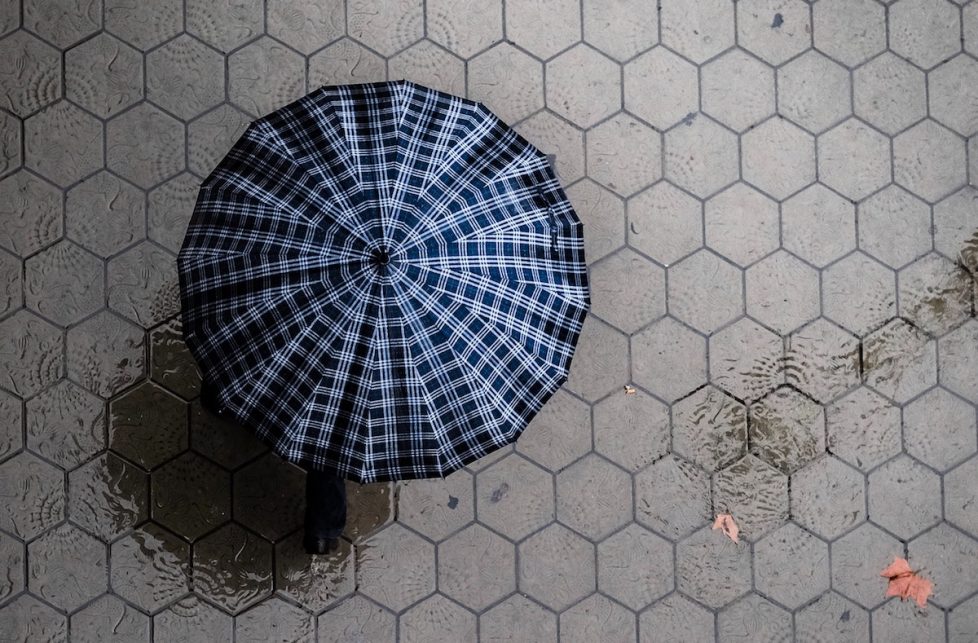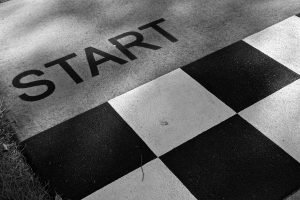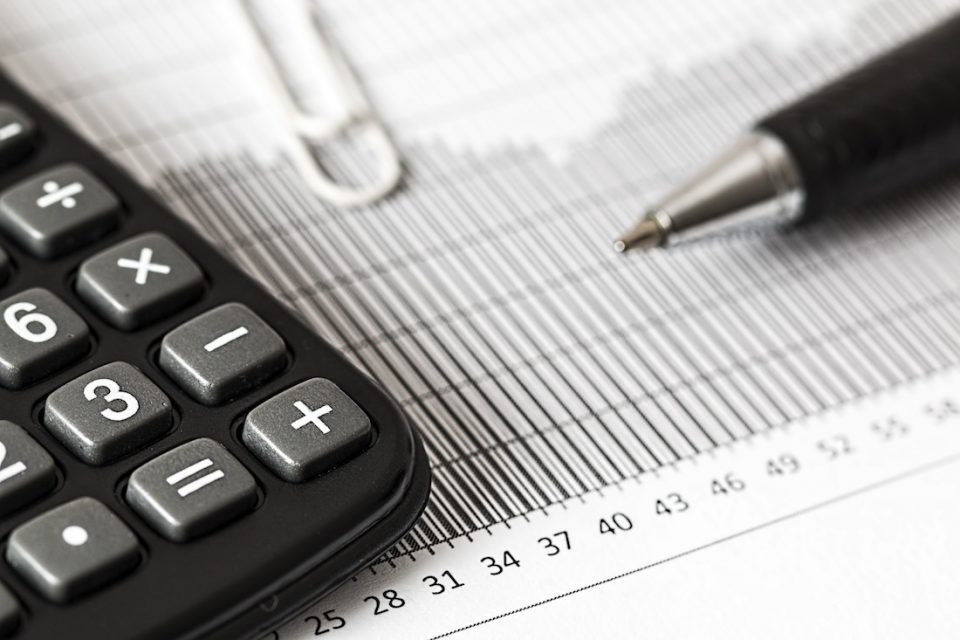
Continuing Education: My Top Financial Websites
August 23, 2017
How Are Financial Advisors Paid?
August 31, 2017What is an Emergency Fund? Why it is Absolutely Essential?

One thing is true of life—expect the unexpected. That’s why any financial guru around will stress the importance of having money set aside for when “life happens”. But what is an emergency fund and what should it be used for? I can tell you it’s not for that 65″ TV you’ve been eyeing when yours bites the dust. While having no TV may seem like a catastrophic event to some, it’s not exactly the type of crisis that you’ll want to dip your fingers into your cash stash for.
What is an Emergency Fund?
Also known as a rainy day fund, an emergency fund is the money you save for those unforeseen circumstances you run into in life. Your budget is made up of everyday expenses like groceries, housing, cars, etc. While your emergency fund is money for those things you don’t anticipate in your budget. So when something goes wrong that requires you to break out the checkbook—and it will—you need to have money somewhere that you can easily access that keeps those unexpected expenses from breaking your budget.

This is NOT money you tie up in an investment. You need to keep it fluid and available. You don’t want to count on credit cards or debt to get you through when your car breaks down or the air conditioning goes out in the middle of August. That’s why having a cash stash to cover these is vital to your financial health.
How Much Should I Have in My Emergency Fund?
The basic rule of thumb when it comes to this type of savings is to have 3-6 months of living expenses readily available. For a one-income family, we suggest 6 months; whereas for two breadwinners, we’d recommend three months because it’s unlikely both income earners will hit a bump in the road at exactly the same moment. However, some choose to set a certain amount as their emergency fund. For example, perhaps you’re comfortable with keeping $5,000 in a cash position, which would cover most of your anticipated basic calamities because your cars and home are in good shape.
Getting caught up in the exact dollar amount isn’t the most important factor. The key is just establishing the reserves for those unpredictable moments and making sure it’s enough to keep you from borrowing money as a quick fix. Without it, you’ll undoubtedly end up in debt and debt is just a crutch for those that don’t know how to budget. If you budget properly and are always putting money back into a cash position, you should be able to handle almost everything life throws at you.



